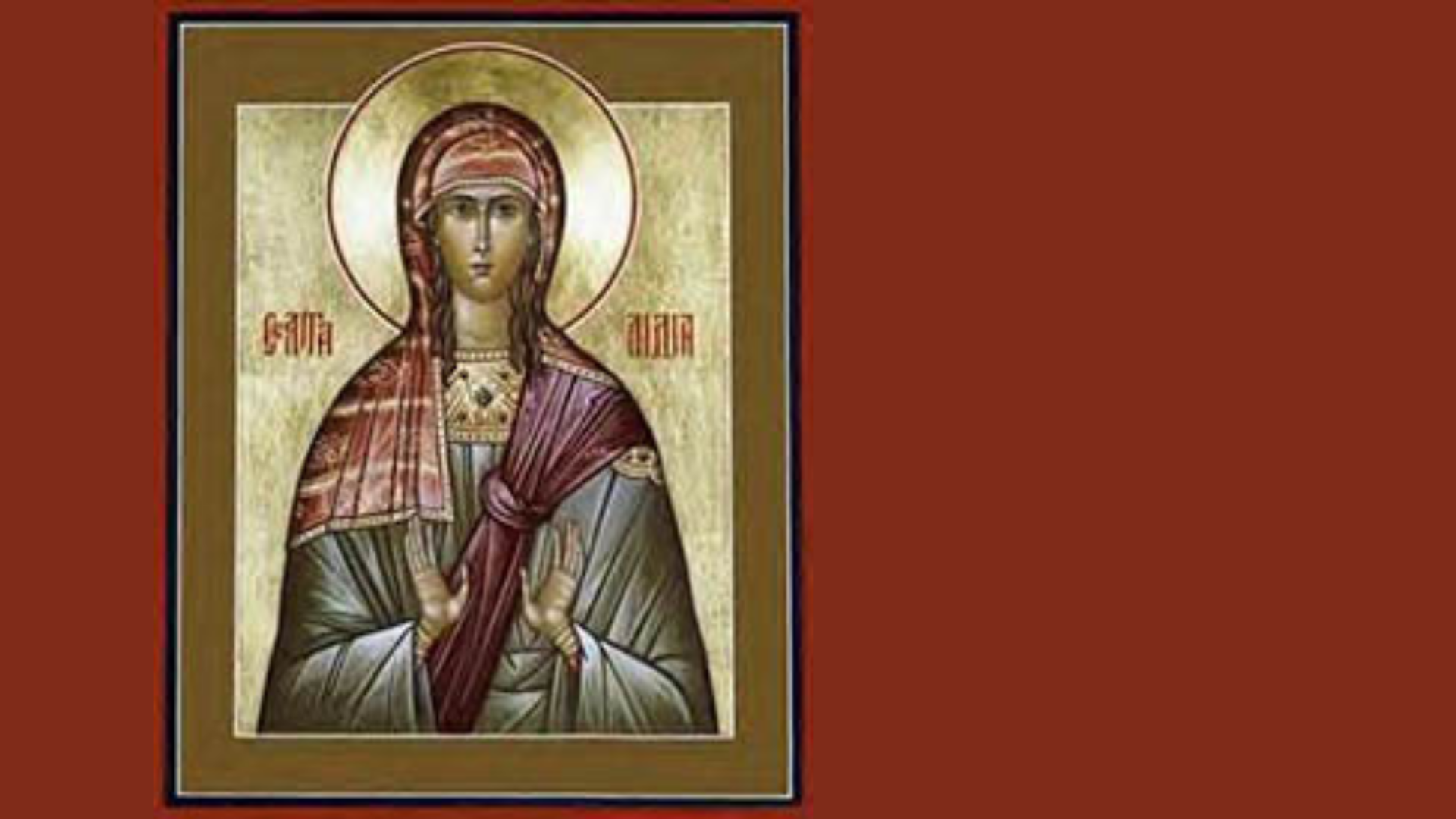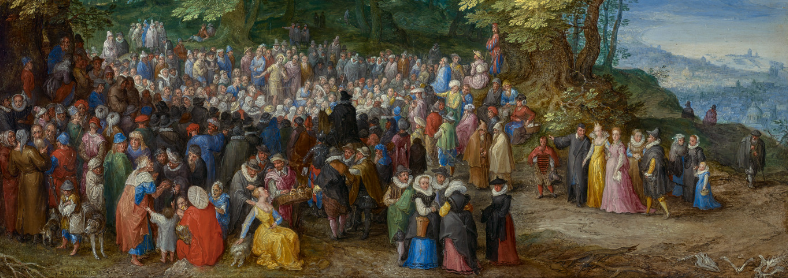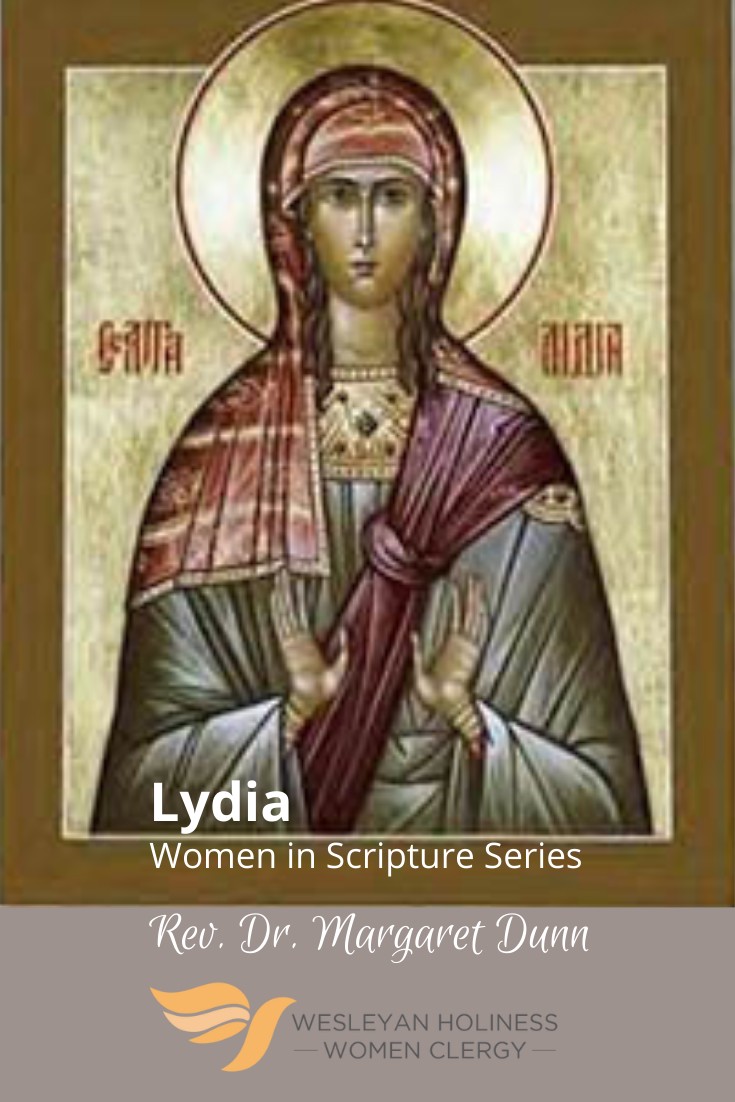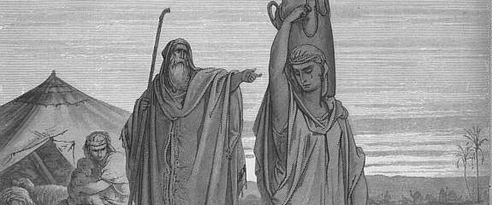Dr. Margaret Dunn is an ordained minister in the Church of God. She is serving at Mid America Christian University as an adjunct instructor and at Parkgate Community Church as a learning hour teacher for 3rd-5th grade students, a prayer partner, and a member of the missions team. She has been a member of leadership teams for the Church of God on the state and national level and was a member of the planning team for the 3rd, 4th, and 5th WHWC conferences. She lives in Pasadena, Texas.
Lydia: Women in Scripture Series
Rev. Dr. Margaret Dunn • August 4, 2021 | WHWC
What can we learn from Lydia's life about being a blessing to others?

Acts 16:13-15
We set sail from Troas and took a straight course to Samothrace, the following day to Neapolis, and from there to Philippi, which is a leading city of the district of Macedonia and a Roman colony. We remained in this city for some days. On the sabbath day we went outside the gate by the river, where we supposed there was a place of prayer; and we sat down and spoke to the women who had gathered there. A certain woman named Lydia, a worshiper of God, was listening to us; she was from the city of Thyatira and a dealer in purple cloth. The Lord opened her heart to listen eagerly to what was said by Paul. When she and her household were baptized, she urged us, saying, ‘If you have judged me to be faithful to the Lord, come and stay at my home.’ And she prevailed upon us. (NRSV)
Acts 16:40
After leaving the prison they went to Lydia’s home; and when they had seen and encouraged the brothers and sisters there, they departed. (NRSV)
Who Is Lydia?
Lydia is mentioned only in these verses in the Book of Acts. Yet it is likely that the church in Europe started in her home. Paul’s first church plant in Macedonia, a Roman colony, was in Philippi and one of the first converts in that city was Lydia. Her ministry, though only briefly mentioned, was in retrospect very significant in the growth of Christianity.
She was not a queen like Esther, a judge like Deborah, a prophetess like Anna, or a teacher like Priscilla. Yet the significance of her opening her home when Paul and his companions sailed into Philippi should not be minimized. What do we know about Lydia and what can we learn from her life?
Lydia was from the city of Thyatira, modern day Turkey, before she moved to Macedonia, modern day Greece. Thyatira (map of the region found here https://bibleatlas.org/full/thyatira.htm) was a commercial center for its area. It was located on a road between Pergamos and Sardis. Its residents became wealthy from commerce and built temples to pagan gods.
Lydia did not worship the pantheon of gods venerated in her hometown. Instead, she had become a ‘God-fearer.’ She had already taken a major step away from her religious upbringing and had investigated Jewish claims of one God and wanted to know more. (Many God-fearers became Jewish proselytes.) We first meet her at Philippi’s riverside with a group of women who had come together there to pray. It was there that Paul and Silas met her and talked with her about Jesus, and there she became the first convert to Christianity in Greece. (Theology of Work, 2017).
Lydia’s marital status is not mentioned. Fairchild says that some scholars have speculated she was a widow who brought her late husband's business to Philippi (Fairchild, 2020). Lydia was a dealer in purple cloth which was costly. In this writer’s mind, this shows how gifted Lydia was in managing a business and people. Philippi was located on a major Roman road known as the Via Egnatia.
Luke describes Philippi as “a leading city of the district of Macedonia and a Roman colony (Acts 16:12). Here is a map that shows the location of Philippi. (https://bibleatlas.org/full/philippi.htm) By planting a church in Philippi, Paul was starting a church that would move the Gospel message into modern day Europe. But why is Lydia’s story included in the Book of Acts and what can we learn from Lydia’s life?
Life Lessons from Lydia
First, God uses people with hearts open to Him. Lydia was a God-fearer and was praying at the river when Paul and his companions initially met her. She heard their message and immediately responds and is baptized. Not only Lydia, but the other members of her household. In being a God-fearer, Lydia’s life demonstrates that she was yearning for something besides the idol worship found in Thyatira and Philippi. She was searching for God and when she found Him, she immediately demonstrated her faith in Him to those with her and those in her circle of influence.
Secondly, God’s use of Lydia, a woman of considerable financial resources from her business of selling purple, compares to His use of the craftsmen and skilled workers in Exodus to construct the Tabernacle (Exodus 31 and 35). Lydia’s resources could support the work of Paul and his team in Philippi and the leaders who came after him. Lydia was generous in using her resources for God. She served as she was gifted and God accepted her gifts. Mary Fairchild says it this way,
Lydia also credited God with her earthly blessings and was quick to share them with Paul and his friends. Her example of stewardship shows we cannot pay God back for our salvation, but we do have an obligation to support the church and its missionary efforts” (2020).
Another author says it this way: “Lydia’s life proves that one can work a “worldly” job and use it as a ministry. Because of the wealth she accrued (at the very least, a modest enough wealth for a larger household) she helped provide for those working a “holy” job.” (Bolinger 2020),
Thirdly, Lydia’s life demonstrates hospitality and humility. She opens her home but only after saying to Paul and his companions “If you have judged me to be faithful to the Lord, come and stay at my home.’ And she prevailed upon us.,” Acts 16:15). She did not assume that Paul and his companions would stay with her because of her wealth, she asked them because she was willing but qualified it with an “if” statement.
Lastly, Lydia’s life demonstrates that lots of words about a person’s ministry do not mean that person’s ministry is more significant than other ministries. Lydia’s life is significant to the Gospel in a number of ways.
First, she shows that honest jobs are not lesser jobs. Often churches can place ‘holier’ jobs on a pedestal. For instance, a congregation member may hold another in higher esteem if they choose to pursue missionary work as opposed to a job such as accounting, (Bolinger, 2020).
It does not have to be a public ministry or one for which people receive words of praise. There are four verses about Lydia in the Bible. Compare that to the number of verses about Paul, Peter, or James other leaders of the early church. Each has a significant ministry and as Christians we are thankful for their lives and ministries. Lydia’s life is significant because when she opened her home to Paul and his companions she was opening her home to God’s planting a church that gave Paul great joy when he remembered it (Philippians 1:3).
Living Like Lydia
We can apply these lessons in our lives and ministries. We can be open to God. We can use our skills and resources in our ministries. We may be called to a bi-vocational ministry so we can support our ministry. If God has gifted us this way, then we can be like Lydia and rejoice in His provisions as we serve Him. If we are not called, but are blessed with resources, we can provide for those in ministry.
We can be humble as we relate to others and encourage their giftedness. We can share Christ with them. If we do not receive applause about our ministry, it does not mean that God does not see it, and it does not mean it is not significant. This is a lesson that this writer needs to keep learning again and again because I like to hear the words “well done”, “thank you,” “great job” more than I would admit.
What I do for God does matter and the seeds planted today will bear fruit even if I don’t see it. I thank God for this lesson from the life of Lydia. Whatever gifts God has given to us, He wants to use them to bless others. Let us ponder what our gifts are, thank Him for the gifts, and use the gifts to bless others.
References
Bolinger, Hope. (2020, September 8. Empowering Lessons for the Life of Lydia. Retrieved from https://www.crosswalk.com/faith/women/empowering-lessons-from-the-life-of-lydia.html
Fairchild, Mary. (2020, August 27). Lydia: Seller of Purple in the Book of Acts. Retrieved from https://www.learnreligions.com/lydia-in-the-bible-4150413
Theology of Work Project (2017). The Business Woman Lydia. Retrieved from https://www.theologyofwork.org/key-topics/women-workers-in-the-new-testament#the-businesswoman-lydia-acts-16
© 2017 by the Theology of Work Project, Inc.
Enjoyed this article? Connect with us on one of our social media platforms. Share it and forward it to a friend:

Wesleyan Holiness has a rich and diverse history of women empowered by the Holy Spirit following God in obedience to Him, blocking out the voices of those who didn't embrace or encourage women preachers. Each one of them are the women whose shoulders we stand upon, making way for the next generation of women pastors coming up behind us.

The wonderfully freeing truth we have in the Beatitudes is that they are not a checklist of to-dos and rules to hem us in, keep us in line, or that we must check off. The Beatitudes are words given to us as grace, dripping like honey from a honeycomb with blessing and hope in a desperate and broken world.




